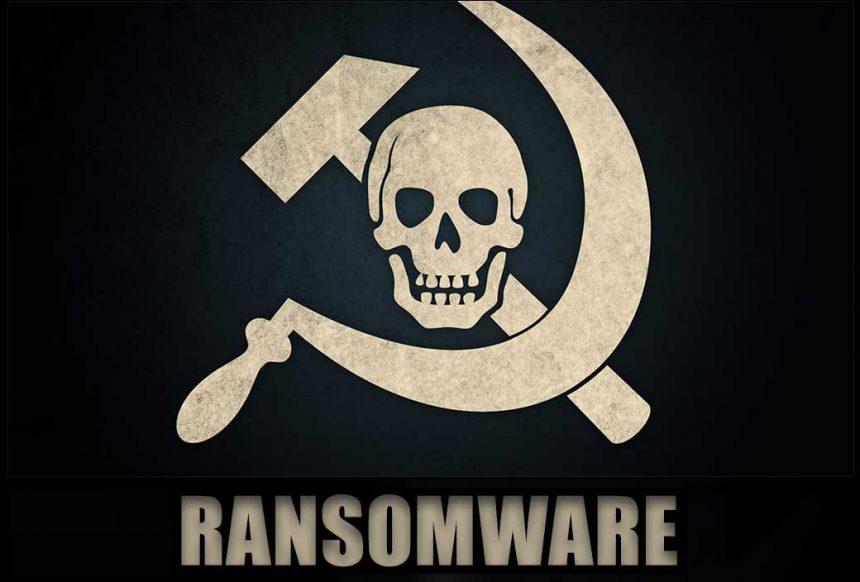BlackBit Ransomware is thought to be a variant of the infamous Loki Locker Ransomware based on the several striking similarities between the two malware variants. If you habitually download freeware or pirated apps distributed via torrent or cracked software sites, you may inadvertently install this threat.
Should you unknowingly install BlackBit Ransomware, the infection will encrypt most of your files, leaving your data virtually inaccessible. The malware changes the names of targeted files, as well as their default icons, and then sets a new desktop background image. BlackBit Ransomware does not affect system files however, as these are needed to deliver the ransom notes and ultimately the decryption payment.
The Blackbit Ransomware ransom note is delivered in the form of two files ‘info.hta’ and ‘Restore-My-Files.txt.’ The ransom note instructs victims to initiate communication via ‘spystar@onionmail.org’ and ‘spystar1@onionmail.com,’ or a Telegram account ‘@Spystar_Support.’ The hackers will only accept ransom payments in the Bitcoin cryptocurrency.
The ransom amount is not specified in the ransom note. It does state however, that the ransom amount depends on how fast the victim establishes contact with the hackers. Affected users are also given a fixed amount of time to pay the ransom or their data will supposedly be deleted. The hackers also further threaten to permanently damage the affected hard disk. Additionally, the ransom note warns that deleting a file named ‘Cpriv.BlackBit’ will result in permanent data loss. The hackers behind BlackBit Ransomware state that they are willing to decrypt up to 3 files for free to prove they can unlock all affected files, but we do not suggest establishing contact or paying the hackers as they will not help you for free. It’s also possible that they may accept your ransom payment and never provide a file decryptor.
How Do I Deal with the BlackBit Ransomware Infection?
To protect yourself from the BlackBit Ransomware attack, you should practice safe web browsing habits like refraining from opening email attachments from unknown senders and downloading programs from unreliable sources. You should also have a reputable malware remediation tool installed on your computer. That way, you can regularly scan for elements associated with this troublesome ransomware infection and other malware. Also, to reduce the potential damage of a future ransomware infection, please consider backing up your files on an external hard drive or cloud storage.





